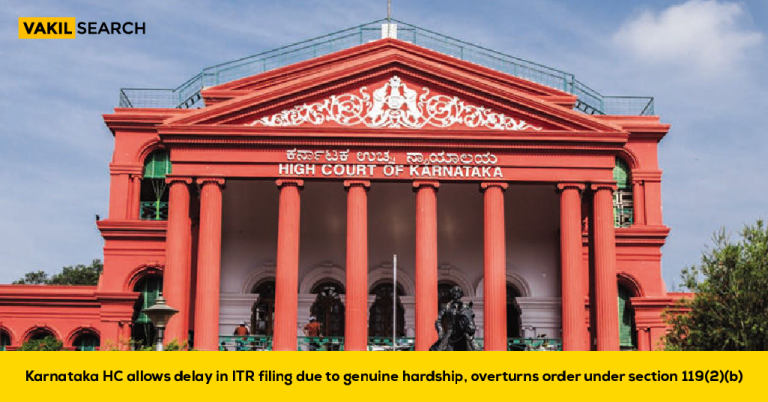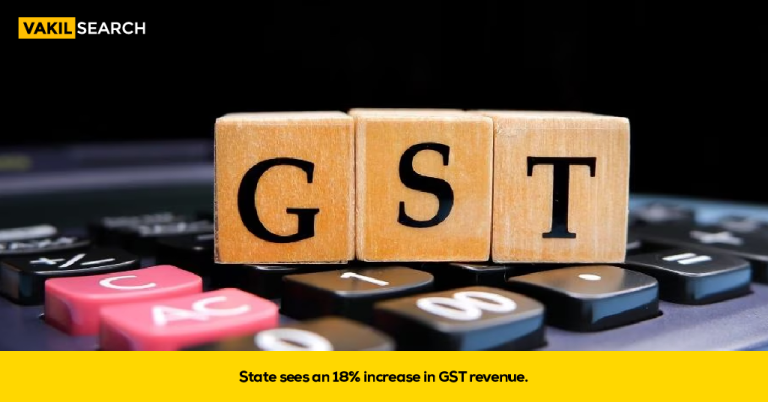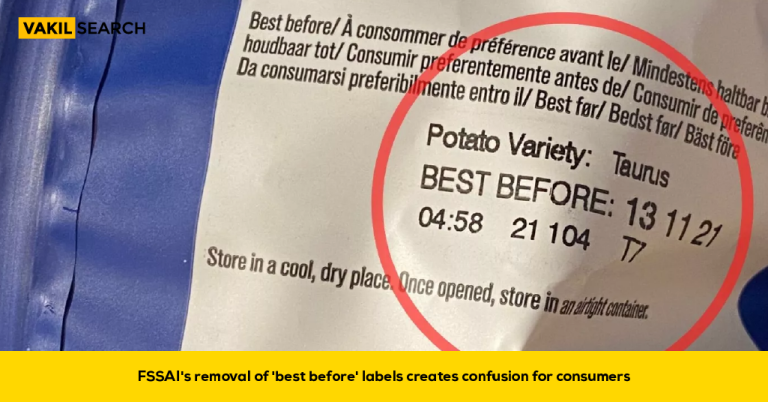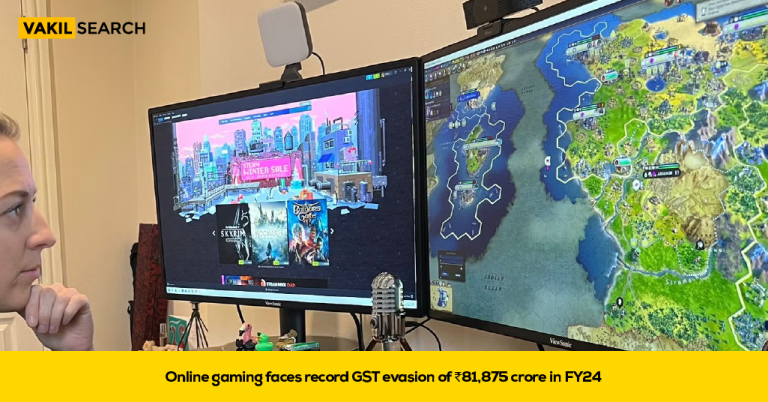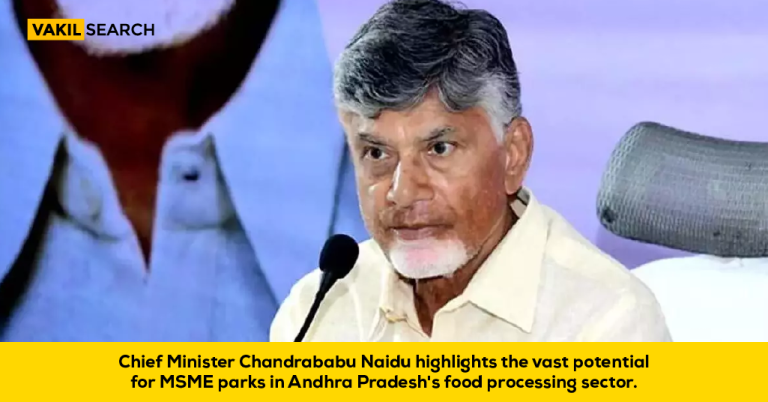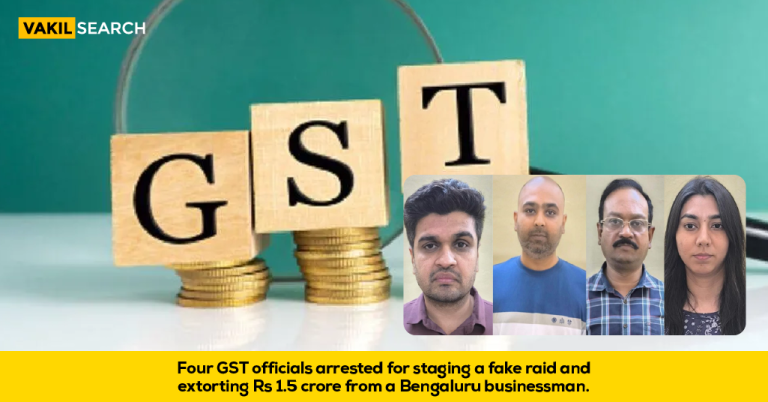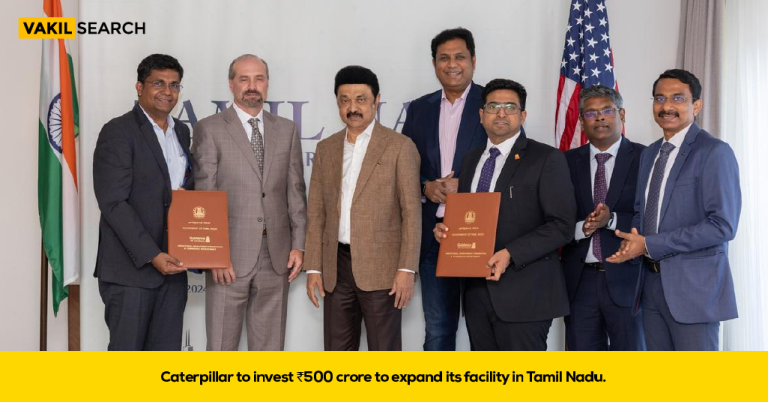The Directorate General of GST Intelligence (DGGI), the central investigation and anti-evasion arm under the finance ministry, has uncovered the highest-ever goods and services tax (GST) evasion by the online money gaming industry, amounting to ₹81,875 crore in FY24 across 78 cases.
In its latest annual report, the DGGI reported detecting a record 6,084 cases of tax evasion in 2023-24, involving ₹2.01 trillion in GST. This is double the ₹1.01 trillion identified in FY23 across 4,872 cases.
According to the report, 46% of the evasion cases were related to non-payment of taxes through clandestine supply and undervaluation, 20% involved fraudulent Input Tax Credit (ITC) claims, and 19% pertained to improper ITC claims or failure to reverse them.
Following online money gaming, the BFSI sector ranked second, with ₹18,961 crore evaded across 171 cases. Other sectors included works contract services (343 cases, ₹2,846 crore) and pharmaceuticals (22 cases, ₹40 crore).
1,976 cases of GST evasion were detected in the iron, copper, scrap, and alloys sectors, involving ₹16,806 crore in FY24. The pan masala, tobacco, cigarettes, and bidi industries ranked second in evasion, with 212 cases amounting to ₹5,794 crore. Other sectors included plywood, timber, and paper (238 cases, ₹1,196 crore), electronic items (23 cases, ₹1,165 crore), and marble, granite, and tiles (235 cases, ₹315 crore).
The DGGI report also recommended the formation of an inter-departmental committee, including representatives from the Enforcement Directorate, Reserve Bank of India, tax authorities, and consumer affairs departments, to combat the proliferation of online gaming platforms and ensure regulatory compliance.
‘Therefore, a multi-pronged approach to deal with this sector is the need of the hour. An inter-department committee may be set up to develop comprehensive strategies and regulations to combat the proliferation of such platforms, ensuring regulatory compliance, consumer protection, and national security,’ the DGGI stated in its report released on Saturday.
Furthermore, 658 offshore entities have been identified as non-registered or non-compliant and are currently under investigation by the DGGI. Additionally, 167 websites have been recommended for blocking. The DGGI annual report for FY24 flagged the online gaming industry as a ‘high-risk’ sector for tax evasion, money laundering, cyber fraud, juvenile delinquency, and socio-economic issues.
Despite legal clarity from 1 October 2023, which subjects gaming entities to a 28% tax on the total sum deposited by players, enforcement remains a challenging task. Many such firms are set up in offshore tax havens (i.e., Malta, Curacao Islands, British Virgin Islands, Cyprus, etc.), known for their opacity, making it difficult to ascertain their ultimate ownership.
‘The online gaming industry has grown exponentially in the past few years, at a compound annual growth rate (CAGR) of 28%, reaching ₹16,428 crore in FY24, according to an estimate. This growth is largely attributed to factors like widespread smartphone penetration, improved internet connectivity, a growing youth population, and the development of local gaming content.
The record ₹81,875 crore GST evasion detected in the online gaming industry for FY24 highlights a critical issue of non-compliance and financial misconduct. The DGGI’s findings underscore the urgent need for a robust regulatory framework to address tax evasion, cyber fraud, and other financial irregularities. With the gaming industry’s rapid growth and significant impact on the economy, implementing comprehensive measures and enhancing inter-departmental collaboration will be essential to curb these challenges and ensure fair taxation.
In light of the unprecedented GST evasion cases revealed in the online gaming sector, Vakilsearch offers specialised compliance and regulatory support to help businesses navigate complex tax laws and avoid pitfalls. Our expert team provides thorough audits, ensures adherence to GST regulations, and aids in resolving compliance issues swiftly. With Vakilsearch’s tailored solutions, your business can achieve greater transparency, avoid legal complications, and remain aligned with evolving regulatory standards.



